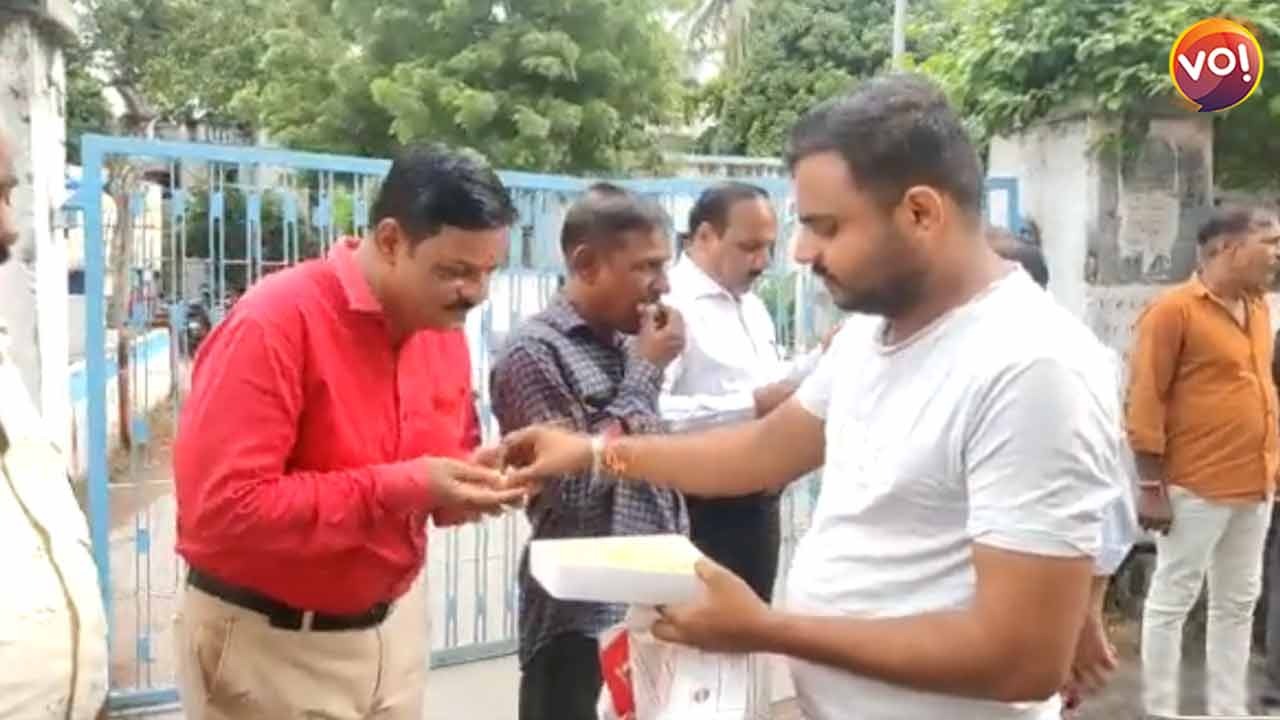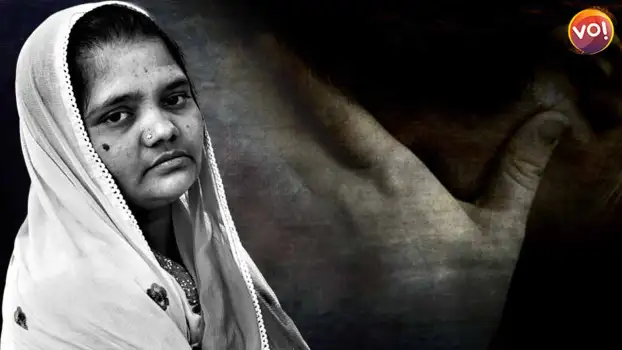The 11 rape convicts in Bilkis Bano case are out of jail. They are grateful to Gujarat government for releasing them under a special remission scheme formulated to celebrate 75 years of Independence.
Without naming Congress, the rape victims say they were targeted by the Central government then in power for the 2002 incident just because they believed in a particular ideology. “We were completely innocent but our ideological belief and our communities ensured that my brothers and I had to spend over 18 years in jail”, says Radheshyam Shah, one of the 11 rape convicts released by the Gujarat government.
“I am completely innocent. This woman made life miserable not just for us but our entire family,” says Radheshyam Shah. He, including 11 others, was released yesterday on Independence Day under a special remission committee. Radheshyam told Vibes of India.
“I have spent over 18 years along with others in various jails of Gujarat. Of course, we are all very happy that we have been released but do not forget that we have spent 18 years in jail. Ask anyone in our village. We are innocent. We were framed. Just because we believe in one ideology”, Radheshyam said.

Another convict who now stands released said, “We have emerged stronger. And our faith in our ideology has also grown stronger”. All of them shared sweets and some of them chose to wear saffron clothes to celebrate their release.
Radheshyam said, “I am happy that we are being released. But you have no idea of the insults we have been living with. We have lost one Nareshbhai Modhiya who was also framed. Our colleague Jivanbhai lost his wife. Another colleague of ours Bipinbhai Joshi lost his wife after both her kidneys failed. All of us have fought so many battles. And all just because we believe in a certain ideology.”.
Our families have gone through hell.
Interestingly, Radheshyam Shah reiterates that all of them are innocent. “We do not know why we were targeted. We just know that an untoward incident happened with some Muslims after Hindus were burnt alive in a railway train in Godhra. The Muslim incident happened in the jungles near Chhaparwad village. But the then ruling Central Government put all of us in jail”. Radheshyam or his friends do not name BJP or Congress.
Gujarat Government’s Home Secretary Rajkumar told Vibes of India, “Radheshyam Shah approached the Supreme Court to be released under a remission policy. The Supreme Court asked the Gujarat government to form a committee to look into it. The Jail Advisory Committee met up twice. They submitted a report following which a decision to release 11 people was taken”.
Panchamahals Collector Sujan Mayatra, who headed the Committee told Vibes of India, “The Supreme Court had ordered the formation of the committee. The committee comprised 8 people including Collector Sujan Mayatra, District Judge, District Superintendent of Police, Local MLA, District Social welfare officer and three invited members.
Vibes of India has not been able to procure the entire report prepared by this committee which was submitted to the home department of Gujarat government. However, a top source told Vo! that the report emphasised on the good behaviour, attitude and similar positive attributes of all the 11 people. Many of them were in jail just for arson and others under arson and rape charges. The Committee report stresses that there is no danger to the public if these 11 people are released from jail”, the source added. Panchmahals collector Sujan Mayatra added, “I was informed on August 14 that these 11 people should be released from Godhra sub-jail on August 15. That is it”.
In June this year, proposing a special release policy for convicted prisoners to mark ‘Azadi Ka Amrit Mahotsav’ (75 years of Independence), the Centre issued guidelines to states to release those sentenced to life. Rape convicts are listed among those who are not to be granted release under this policy. However, the Gujarat government has its own policy that they took recourse which allows the release of rapists. It must be noted that this policy was framed in 1992. Chimanbhai Patel, then of Janata Dal Gujarat was the Chief Minister and his government was supported by Congress. Later Chimanbhai merged his faction with Congress. So technically, when this policy was framed, it was Congress in power and not the BJP. This point has come in handy for the BJP government in Gujarat.












